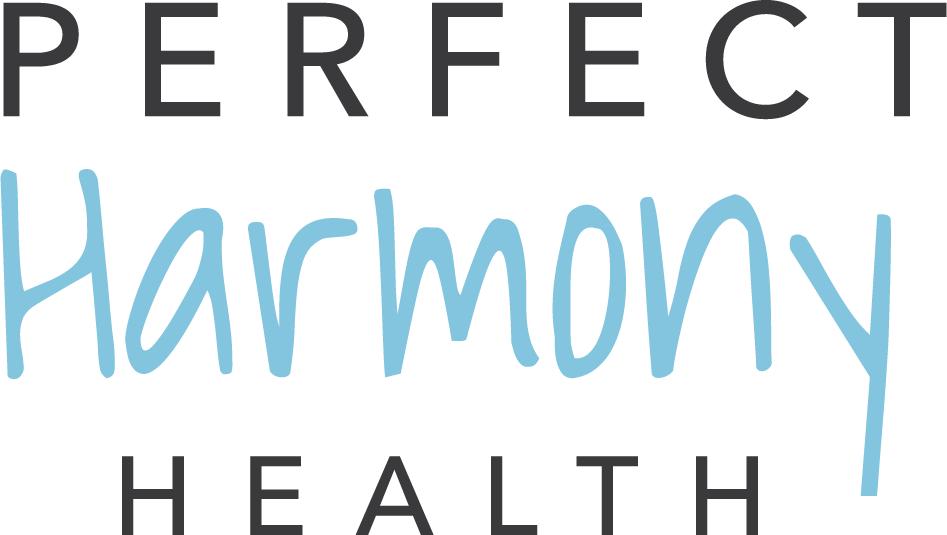Music and Mental Health
The music we listen to can have a big influence on our mood. Many of us have energetic playlists for when we’re happy and excited. Sometimes when we feel stressed or upset we have go-to songs that help us feel comforted. We are highly affected by the music we’re surrounded with daily. But why do we experience these strong emotional connections and responses to music?
People have always noticed how music influences our emotions and ability to regulate them. The more successful we are at regulating our emotions, the more comfortable we feel within ourselves and within our experiences. We work towards emotional regulation by changing how we perceive our environment, how we interact with it, or by changing the environment altogether. Emotional regulation is a necessary aspect of life that allows us to manage our thoughts, feelings, and navigate our everyday experiences. Emotional regulation involves some of the following brain areas:
Amygdala → responsible for strong emotional reactivity
Anterior cingulate cortex → motivation, interpreting conflict
Lateral prefrontal cortex → cognitive control and working memory
The areas of the brain involved during emotional regulation are similar areas that are also activated by music. This connection is responsible for our strong emotional ties to our favorite songs.
Music is thought to play an impactful role on emotional regulation by affecting one’s mood state. When we listen to songs we enjoy, or that we find personally meaningful, this is beneficial in improving our mood. The comfort and predictability of a song’s harmonies or its’ timing can also support our emotional regulation when listening to music. Additionally, the reward center of our brain is highly responsive to music we perceive as pleasant. If you have ever gotten ‘the chills’ from listening to a good song, thank your brain for releasing releasing neurotransmitters like dopamine and serotonin!
There are plenty of important processes taking place in the brain when we listen to music, and these processes are amplified when we pair them with concrete, external ideas. These can be concepts may be remembering specific experiences tied to music - like dancing at a wedding - or hearing the favorite song that reminds you of a loved one.
When we find ways to make songs personally relevant and identify relatable elements of the music, we further activate the emotion centers in our brains. The specific brain area called the limbic system, is responsible these emotional responses to music, and is activated even more strongly when we make these non-musical references to the music.
Applying music with additional non-musical references is shown to activate the limbic system more than music independently. This type of neural activity is beneficial in rewiring pathways responsible for strong negative emotions. When we experience this kind of music, it can help us feel better by reducing sensations of stress or fear.
Music’s impact on the emotional aspects of behaviors, thoughts, memories, and elicit reactions, make it a powerful stimuli to facilitate emotional processing for mental health. Some interventions used in music therapy that help support emotional processing and mood state include:
Song discussion → identifying important concepts present in the music
When implementing song discussion in music therapy sessions, a song can serve as a jumping off point for more in-depth client discussions. Songs can range from including encouraging themes to help initiate conversations about identifying personal strengths and empowerment, or can be used to identify feelings and work towards establishing skills for supporting oneself through difficult situations. These discussions may focus on certain lyrical content or how the instruments sound, but involve drawing connections between some aspect of the music and the client.
Songwriting → can be used for reflection on challenges, expression of strong emotions
Songwriting can be implemented by taking a client’s experience, thoughts, and feelings, and using these ideas to create a song from scratch - usually a longer process taking place over a span of weeks. Some songs serve as inspirational templates for songwriting, and clients may modify or add in additional words to tell their story through this music. This type of music making can give a client a sense of autonomy and ownership over a created product.
Some song ideas for discussion or songwriting may be:
“Special” by Lizzo
“Roar” by Katy Perry
“What Was I Made For?” by Billie Eillish
“This is Me” from The Greatest Showman
“Surface Pressure” from Encanto
Music does a lot for our emotions by affecting our mood. Some of our favorite songs we enjoy because of the instruments, tempo, or even the ideas we have associated with them. These aspects of music that we make connections to are what trigger positive responses in our brains that improve our mood. The music we listen to and take part in making plays an active role in helping feel better.
References
Alexander W. Legge, On the Neural Mechanisms of Music Therapy in Mental Health
Care: Literature Review and Clinical Implications, Music Therapy Perspectives, Volume 33, Issue 2, 2015, Pages 128–141, https://doi.org/10.1093/mtp/miv025
Kimberly Sena Moore, A Systematic Review on the Neural Effects of Music on Emotion
Regulation: Implications for Music Therapy Practice, Journal of Music Therapy, Volume 50, Issue 3, Fall 2013, Pages 198–242, https://doi.org/10.1093/jmt/50.3.198

